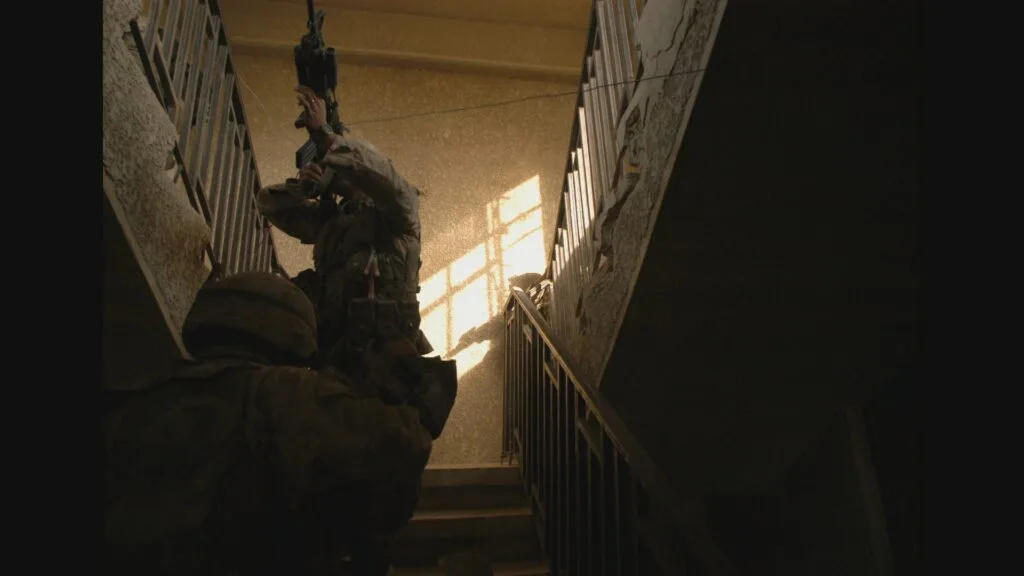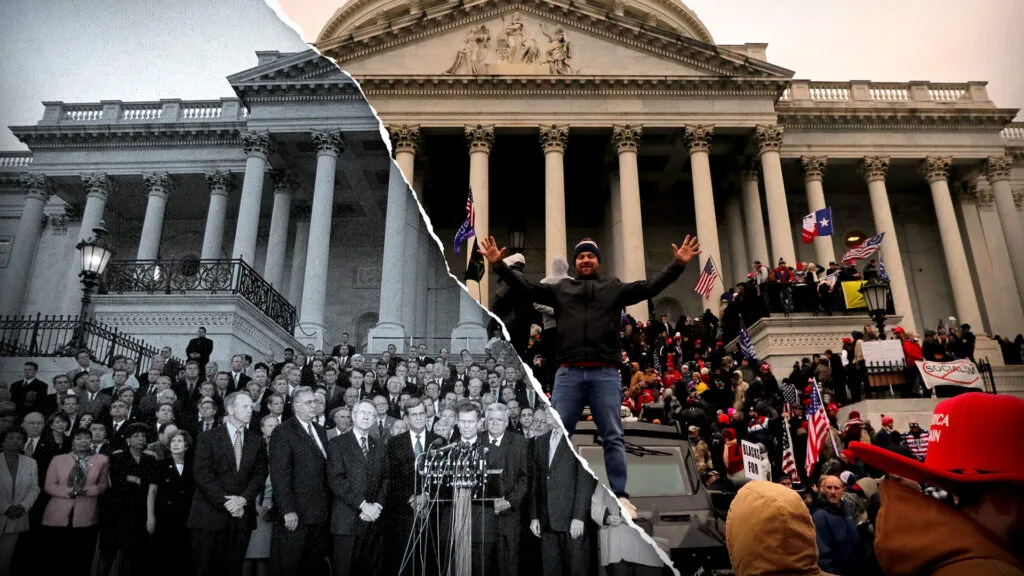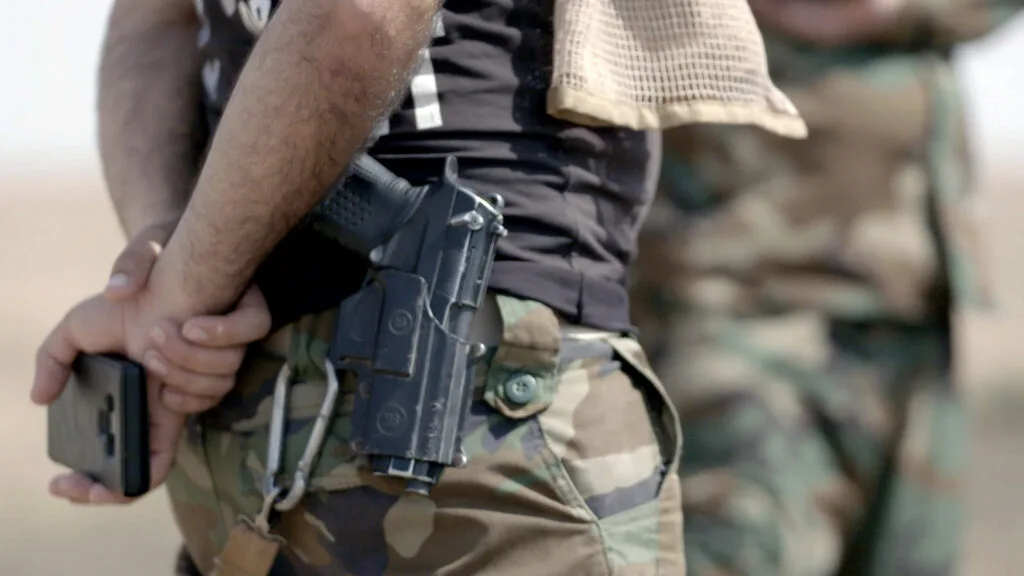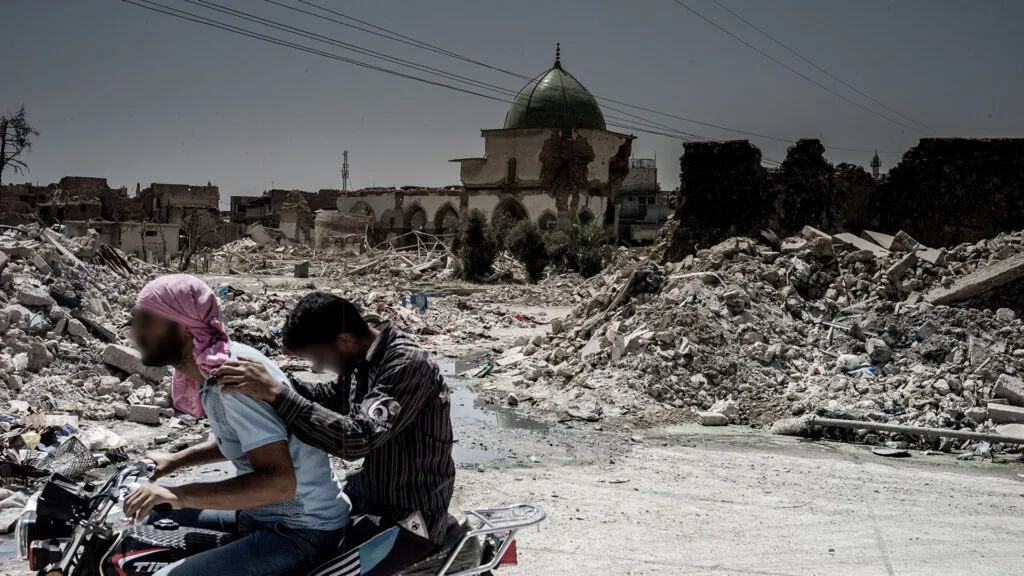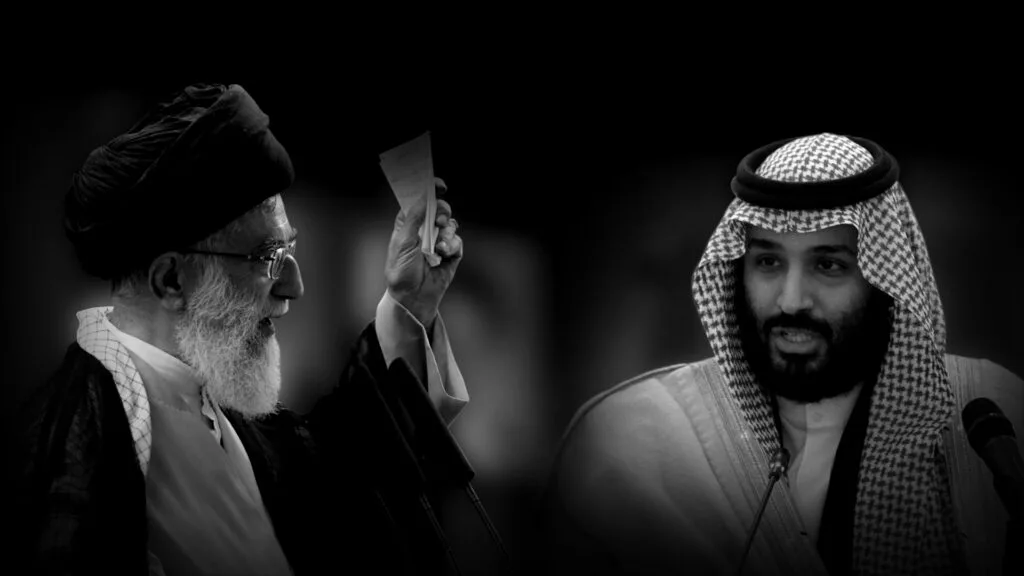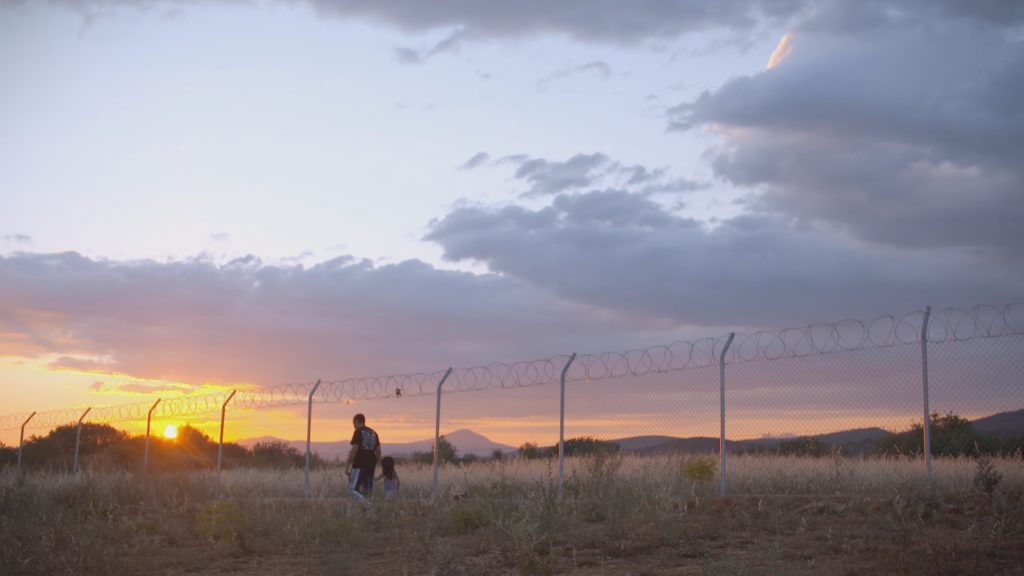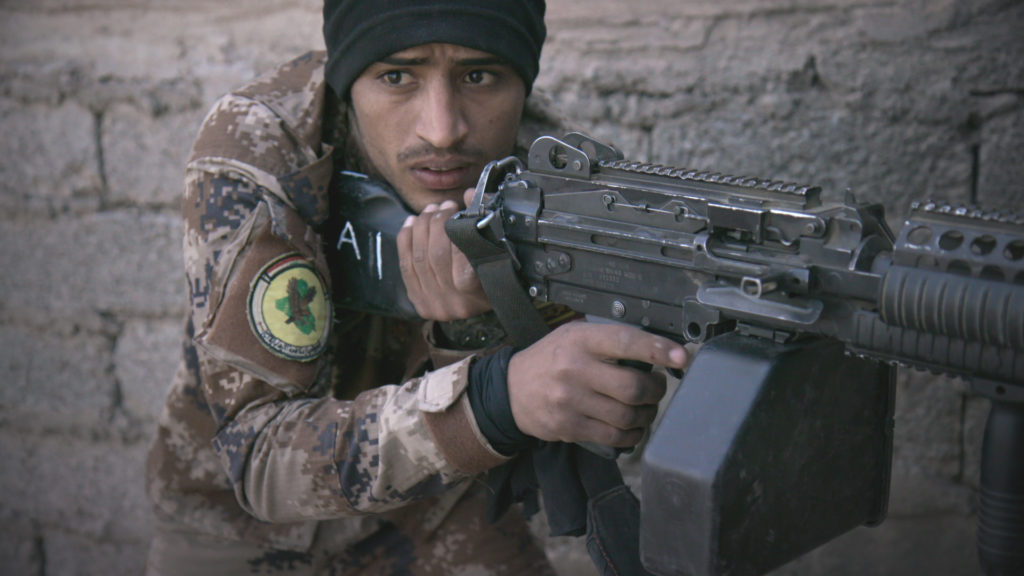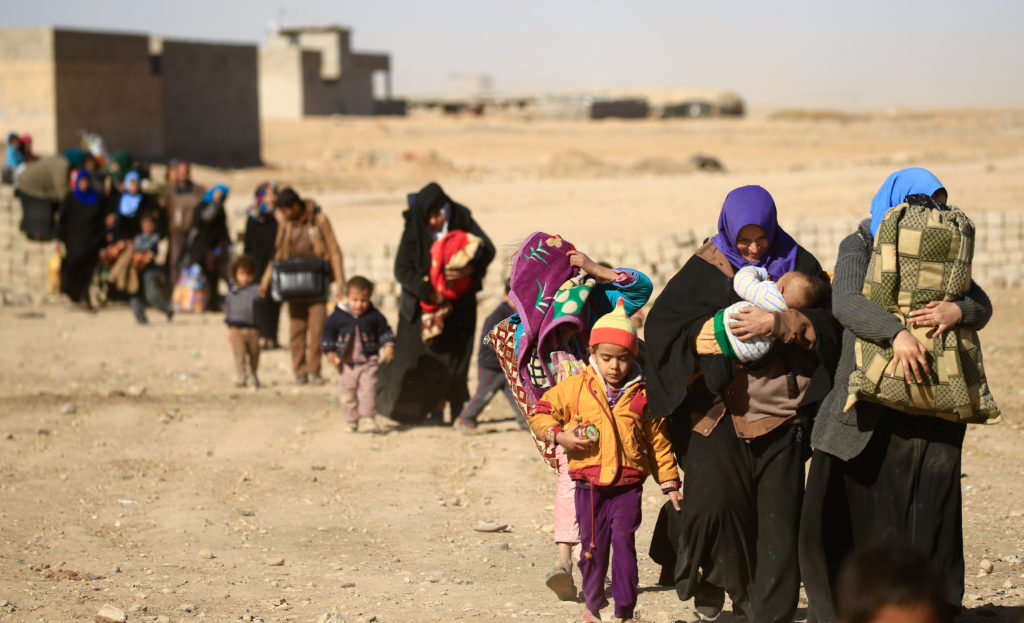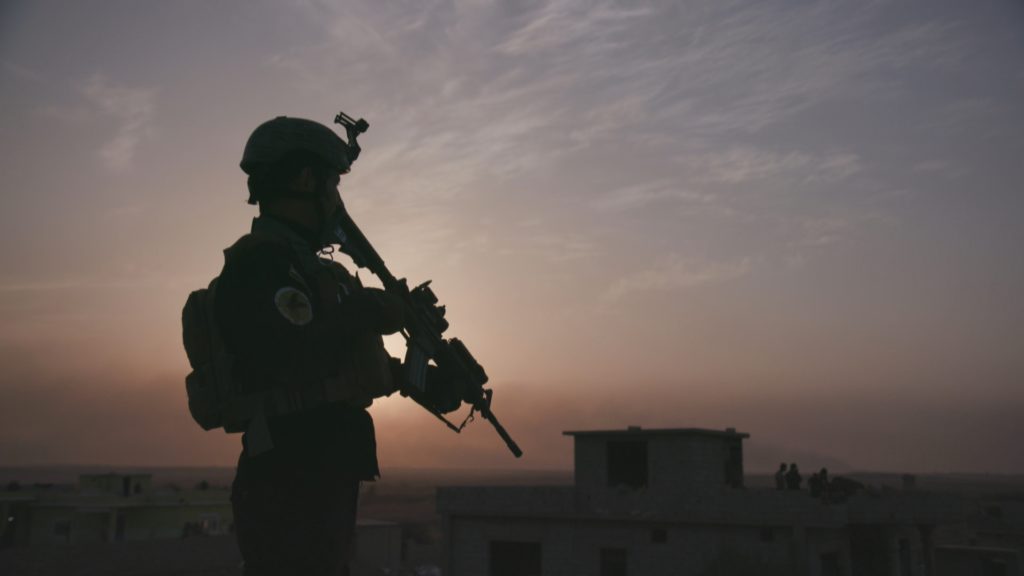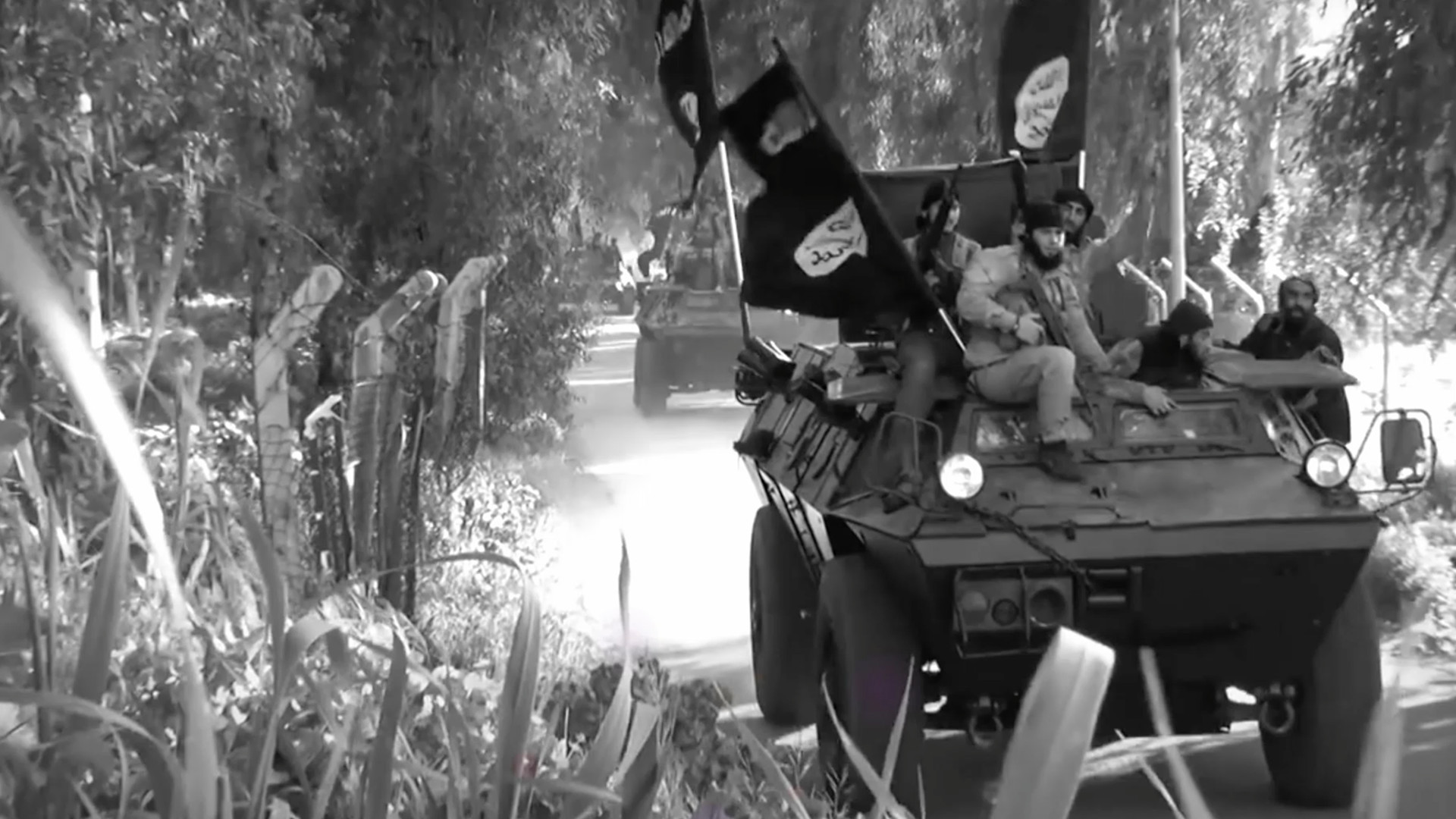Why Beating ISIS in Mosul Won’t End the Threat of Attack
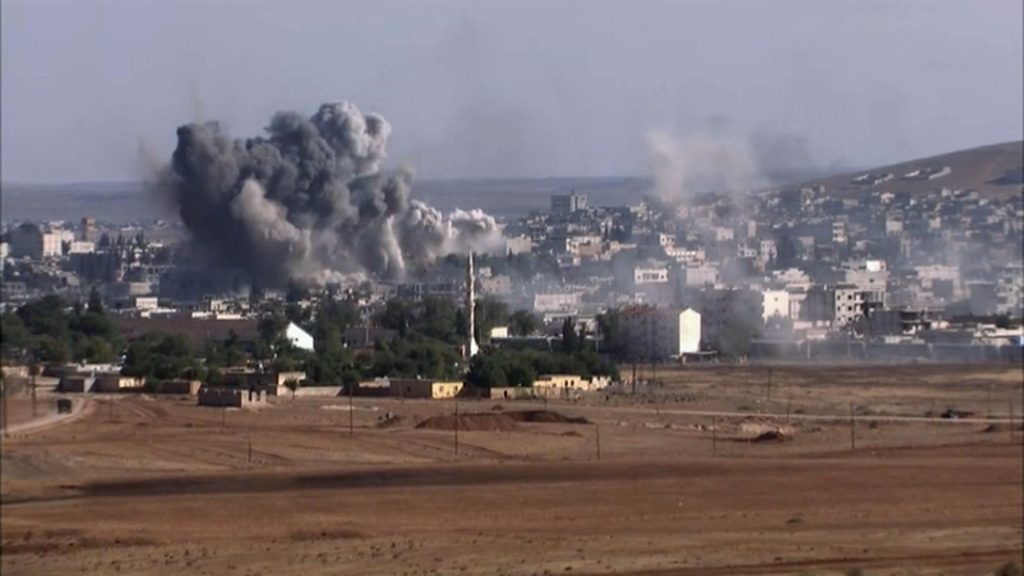
October 11, 2016
Share
American and Iraqi forces are preparing for another fight against the Islamic State — this time for control of Mosul, the terrorist group’s last major urban stronghold in Iraq.
It will be a bloody, destructive fight: previous battles in Fallujah and Ramadi have left both Iraqi cities almost totally destroyed. The United Nations estimates that more than one million Mosul residents could be displaced in the coming battle.
With American intelligence and air power backing up as many as 12 Iraqi Army brigades, an American-trained counterterrorism force and Kurdish forces known as the “peshmerga,” the anti-ISIS coalition has a strong chance of prevailing against the estimated 3,000 to 4,500 fighters that the U.S. military estimates ISIS has on the ground.
There’s only one problem: the victory might not matter much in the overall effort to eradicate ISIS.
In the two years since ISIS formed its self-declared caliphate across Iraq and Syria, the terrorist group has become an unprecedented global threat. Even as airstrikes and ground forces have pushed its fighters from various cities and towns, there’s no indication that the ground war has diminished the group’s ability to keep conducting terrorist attacks in Iraq, Syria and Western nations.
In fact, U.S. officials and analysts now say that there is no link between ISIS’s territorial reach and the strength of its global terror network, in part because it has adapted a more versatile, nimble network of operatives, and more effectively distributes its powerful propaganda worldwide.
“Their external operations capability has been building and entrenching during the past two years,” Nicholas Rasmussen, director of the U.S. National Counterterrorism Center, told a Senate committee last month. “And we do not think battlefield losses alone will be sufficient to completely degrade the group’s terrorism capabilities.”
Ghosts on the Battlefield
For the past two years, the anti-ISIS coalition has been handing out battlefield losses to the Islamic State. The group currently has lost roughly half of its territory in Iraq, and 25 percent in Syria, Rasmussen said. Punishing airstrikes — now totaling more than 15,000 in the past two years — have cut off supply routes, and made it difficult for ISIS members to move substantial numbers of weapons or fighters. Almost every member of ISIS’s original leadership is dead, along with an estimated 45,000 fighters, according to Army Lt. Gen. Sean MacFarland, who leads the task force overseeing the war. And every time coalition forces take back a town from the Islamic State, they gain intelligence that lead to more strikes.
But a recent press conference by the military’s spokesman for the anti-ISIS campaign revealed just how difficult it can be to truly eradicate the Islamic State, even from areas coalition forces have reclaimed.
“[A]lthough a lot of these key areas have been liberated, Daesh is still present on the outskirts,” said Col. John Dorrian, using a derogatory Arabic name for the group. “They’re still in the periphery, and they would love nothing better than to get in, re-infiltrate some of the areas that they’ve been pushed out of, and begin to cause problems.”
The city of Ramadi was liberated from ISIS in 2015, for example. But in recent months, the coalition has been launching regular airstrikes on ISIS fighting positions and checkpoints in the area to keep the group at bay.
A Smarter Terror Network
ISIS also doesn’t need a massive base of operations for its terror network to prevail. That’s in part because it’s looser and more agile than Al Qaeda, experts say, which relied on an established, carefully vetted network of operatives.
ISIS takes a broader approach to its membership, even praising attackers on social media who aren’t directly connected to the group. And its operatives are resourceful, taking on different roles that make it more difficult to predict their movements or disrupt their plots. One of the men who made bombs for the Paris attacks last November, for example, Najim Laachraoui, later became a suicide bomber himself in the March attack on the Brussels airport.
These changes have led to what Rasmussen referred to as a shorter “flash-to-bang” ratio — the time between when the attack is conceived and carried out. Al Qaeda preferred big, symbolic attacks like 9/11, which take years to plan, considerable funding and multiple key operatives — all of which can make a plot easier to foil. But one lone person with a knife, an ax or a gun, whether directed by ISIS or merely inspired by them, is much harder to catch.
The Power of Propaganda
Perhaps ISIS’s most powerful weapon is its propaganda, which the terrorist group has been able to wield with unprecedented success. “They’re miles above what Al Qaeda was able to do” with technology, according to Mohamad Bazzi, a professor at New York University and longtime Middle East expert, in part because many new ISIS members are from a younger generation.
New technologies, like encrypted messaging apps, have helped keep operatives connected, U.S. officials say. But unlike Al Qaeda, ISIS also conducts much of its work in the public eye on social media, exhorting followers on Twitter and Facebook, posting pictures of ISIS fighters cuddling kittens or planting flowers in ISIS-held towns to extol the virtues of the caliphate.
Perhaps most importantly, ISIS adapts its messaging to new challenges. As airstrikes and border controls made it more difficult for foreign fighters to travel to the Islamic State, Abu Muhammad al Adnani, an ISIS spokesman until he was killed in an airstrike in August, encouraged supporters to attack wherever they were instead. His words were cited approvingly in a journal apparently kept by Ahmed Khan Rahami, who was apprehended last month on suspicion of planting bombs in New York and New Jersey.
ISIS has now begun using their propaganda to subtly prepare supporters for a defeat in Mosul and elsewhere, said Hassan Hassan, a fellow at the Tahrir Institute for Middle East Policy. In several publications, including the widely distributed Al Naba newsletter, Hassan said articles describe the next phase of the battle with a phrase in Arabic — inhiyaz ila al-sahraa — meaning “retreat into the desert.”
“They keep referring to that phrase,” he said. “‘We might lose Mosul, Raqqa and Sirte and all these cities, and be on the run, driven into the desert — but that’s not the end of the story.’ That’s the real message they want to convey to everyone.”
Perhaps the reason the message sticks, Hassan said, is that ISIS has proven it doesn’t need territory to remain a threat. “In my opinion what we’re seeing today is not the beginning of the end of ISIS. It’s the beginning of a new cycle.”

Related Documentaries
Latest Documentaries
Related Stories
Related Stories
Explore
Policies
Teacher Center
Funding for FRONTLINE is provided through the support of PBS viewers and by the Corporation for Public Broadcasting, with major support from Ford Foundation. Additional funding is provided the Abrams Foundation, Park Foundation, John D. and Catherine T. MacArthur Foundation, Heising-Simons Foundation, and the FRONTLINE Trust, with major support from Jon and Jo Ann Hagler on behalf of the Jon L. Hagler Foundation, and additional support from Koo and Patricia Yuen. FRONTLINE is a registered trademark of WGBH Educational Foundation. Web Site Copyright ©1995-2025 WGBH Educational Foundation. PBS is a 501(c)(3) not-for-profit organization.
